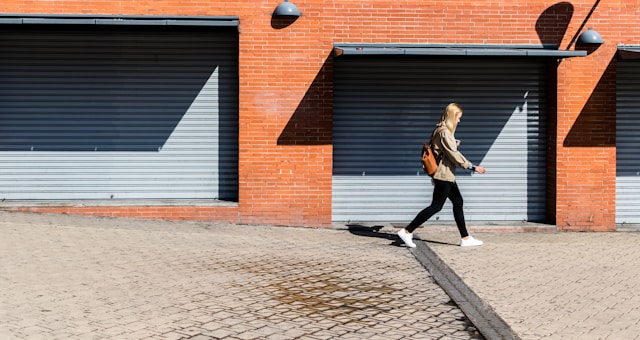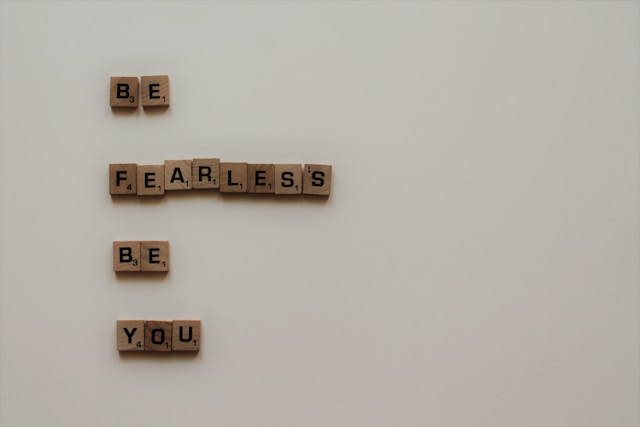- Breaking a habit requires patience and persistence
- Bad habits last longer because they offer instant gratification
- Good habits come with gradual progress
- Tracking gives you proof that change is happening
- The buddy system keeps you motivated
Breaking old routines isn’t easy, and many wonder, “How long does it take to break a habit?”. The truth is, timelines vary, but with the right mindset, you can make change feel lighter. Let’s explore fun, practical ways to speed up the process and keep motivation high.
What Studies Reveal About Timelines
Early studies suggested just 21 days, but newer research shows habits can take anywhere from 18 to 254 days to fully fade. That sounds like a huge gap, right? The good news is you don’t need to wait months for progress.
You’ll notice changes long before the finish line, especially if you stay consistent. Science proves habits aren’t broken overnight, but with patience and persistence, your brain slowly rewires itself and makes new routines feel natural.

How Long Does It Take to Break a Habit Based on Your Personality
Your personality plays a bigger role than you think:
- Some people thrive on discipline and structure, making it easier to ditch old routines quickly.
- Others are more spontaneous, which means breaking a habit takes longer but feels more flexible.
- If you’re highly motivated by rewards, you may speed things up with small victories.
- If you hate change, progress may feel slower.
The truth is, your personality shapes the journey, so comparing yourself to others never really tells the full story.
Daily Life Factors: Stress, Sleep, and Environment Matter
When you ask yourself, “How long does it take to break a habit?”, daily life can speed things up or slow them down:
- Stress often pushes you back into old routines because your brain craves comfort during tough moments.
- Poor sleep makes resisting temptation harder, since willpower drops when you’re exhausted.
- The environment also plays a huge role, because cluttered spaces or tempting triggers make change feel impossible.
On the bright side, small adjustments like better rest, less stress, and supportive surroundings can shorten the timeline and make breaking habits feel much easier and more sustainable.

The Good & The Bad Habits
Bad habits usually stick around longer because they offer comfort or instant gratification. Think about late-night snacking, endless scrolling, or skipping workouts. Each gives you quick relief or pleasure.
Your brain loves rewards, even if they aren’t healthy, which makes bad habits harder to let go of than you’d like.
Good habits are trickier because the rewards usually come later. Exercising, eating well, or saving money doesn’t always feel amazing in the moment. Instead, progress shows up gradually, which means you need patience.
The delay in payoff often makes people give up too soon, even though the benefits are worth waiting for.
Breaking vs. Building: The Balance Game
So, which is faster: breaking bad habits or building good ones? Breaking might feel quicker, but building tends to last longer. That’s why the best strategy is balance.
Replacing a bad habit with a good one creates momentum and keeps your brain satisfied.
For example, swapping soda for sparkling water gives you the same refreshing fizz without the sugar. When you focus on replacement instead of restriction, change feels more natural and less punishing.
From Couch Potato to Runner
Think about the story of a self-proclaimed couch potato. Evenings were spent with snacks, TV shows, and excuses about being too tired for movement. It wasn’t laziness, just a routine that felt safe and comfortable.
One day, they decided to change, not by signing up for a marathon, but by walking around the block. That single step sparked a bigger shift.
How Exercise Reshaped Routines
At first, running a full kilometer felt impossible, but persistence slowly turned short walks into regular jogs. The body adapted, but more importantly, the mind shifted. Instead of craving the couch, they started craving the energy and clarity running provided.
Exercise didn’t just reshape the evenings. It improved sleep, boosted mood, and even made mornings more productive.
So, how long does it take to break a habit, like couch lounging? In this case, about three months of steady effort built a new routine. The transformation wasn’t about becoming an athlete overnight, but about proving that small, consistent steps can rewrite even the most stubborn habits.
Your own journey could start with a simple walk today.

The Digital Detox Hero
Now meet the digital detox hero. Their days once began and ended with endless scrolling, checking every notification, and losing track of time online. Social media wasn’t just a pastime, but a reflex, filling every quiet moment.
The turning point came when they realized hours of their day disappeared into the scroll.
Breaking the Scroll for Good
Instead of quitting cold turkey, they started by setting screen-time limits and creating phone-free zones at home. The first week felt strange, like missing a limb, but soon the silence turned into peace. Extra hours appeared, which they used for reading, walking, and reconnecting with friends face-to-face. Progress wasn’t instant, slip-ups happened, but the craving slowly faded.
So, how long does it take to break a habit like social media scrolling? For this hero, it took around ten weeks to feel free. The most important lesson wasn’t about deleting apps, but about replacing digital noise with meaningful activities.
You can break the scroll too, one mindful step at a time, and discover how refreshing offline life can feel.
The Big Lesson in Patience
When you want to break a habit, patience is essential. Whether it’s cutting soda, lacing up for runs, or escaping the scroll, every journey takes longer than expected. You’ll face slip-ups, cravings, and days when change feels impossible.
That doesn’t mean you’re failing. The real secret is sticking with it long enough for your brain to adjust.
Why Tracking Changes Everything
Tracking can make the answer feel less overwhelming. You often lose motivation when progress feels invisible, but tracking gives you proof that change is happening. Whether it’s a journal, a calendar, or a habit tracking app, recording your wins makes you see just how far you’ve come.
The Fun of Support and Play
Another fun way to keep yourself motivated is the buddy system. Humans thrive on support, and sharing your journey makes the process easier. You can celebrate small wins together, laugh at slip-ups, and remind each other why you started.

If you’d rather keep it playful, gamify your habit-breaking efforts. Turn progress into a game by giving yourself points or creating challenges that make success feel exciting. Suddenly, change isn’t a chore, but something you want.
So, how long does it take to break a habit? There’s no single answer, but experimenting with challenges, support, and rewards makes the journey easier. What matters most is patience, persistence, and keeping things fun. Every small step brings you closer to lasting change, and that’s a habit worth celebrating.



